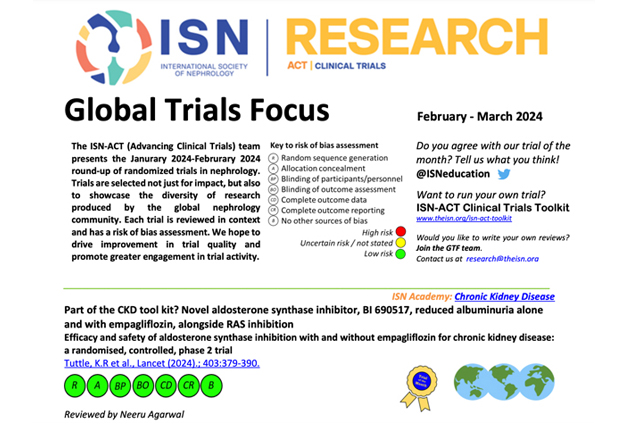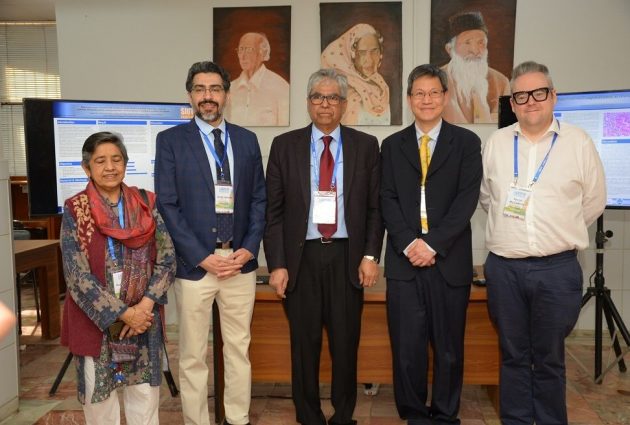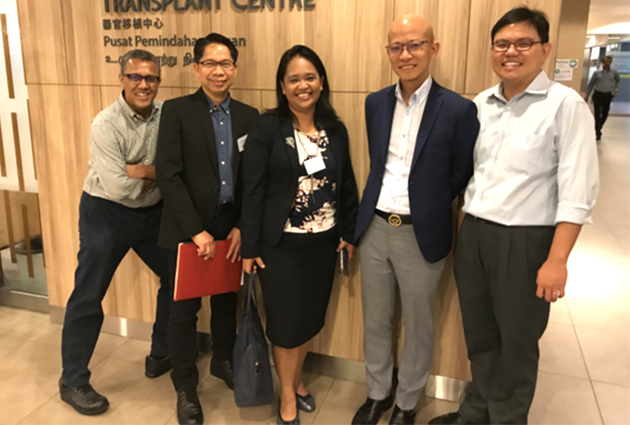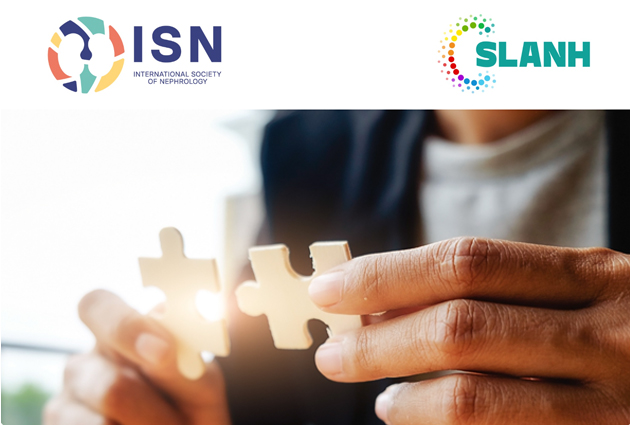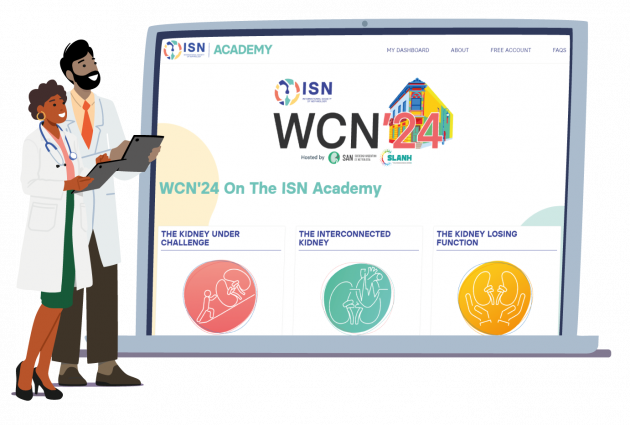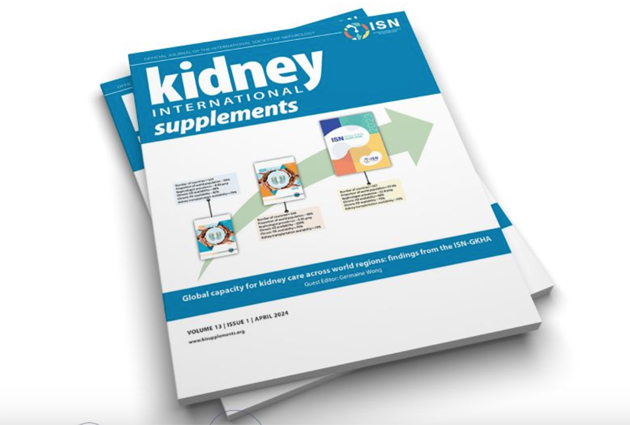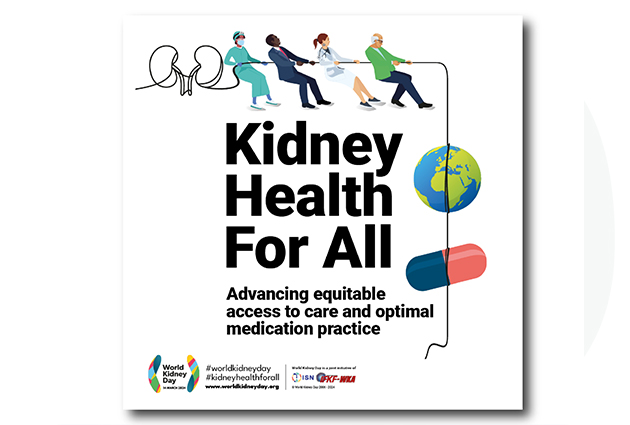From Ph.D. to PD-First Policies – Yot Teerawattananon on his WCN’23 Stewart Cameron Lecture

As highlighted in the recent pre-congress newsletter, Yot Teerawattananon talked to the ISN about his role in developing a public health assessment program in Thailand and gave us a sneak preview of his Stewart Cameron Lecture, “Dispelling the Myths of Providing Dialysis in Low- and Middle-income Countries.”
What led you to set up a health and technology assessment (HTA) agency in Thailand?
In 2003, I received a WHO scholarship to do my Ph.D. in the UK. My Ph.D. work focused on the feasibility and usefulness of health economic evaluations and cost-effectiveness analysis to inform healthcare coverage decisions in Thailand.
The Thai government has long recognized the importance of having a public health institute to inform reimbursement policies on medicines, vaccines and medical devices, but previous HTA projects in Thailand fell short of their goals. In 2007, I built the Health Intervention and Technology Assessment Program (HITAP) on these foundations to develop a successful agency guided by my Ph.D. work.
What did you learn from capacity building in LMICs?
My focus is on using evidence to inform health policy. I use the same methods to learn about people in low-and middle-income countries and high-income countries. However, low-resource countries may need more capacity building at individual, institutional and network levels compared to high-resource settings. You also need to factor in the fewer resources, infrastructures and enabling factors in LMICs.
What can we expect from your talk at WCN’23?
At WCN’23, I will share my 20-year experience conducting HTA research to inform policy decisions that can positively impact the health and well-being of people everywhere.
I have encountered a lot of misperceptions and misunderstandings among clinicians, including nephrologists, when making decisions about prevention and treatment in medicine and public health.
My talk will help all healthcare providers make more of the right decisions for their patients and healthcare centers.
What is the relevance of your work to nephrology clinicians practicing worldwide?
As part of my Ph.D. work, I evaluated the cost-effectiveness of the two renal dialysis modalities and recommended a PD-first policy. This strategy was adopted by the Thai government in 2008 and has led to similar studies in Indonesia and the Philippines.
I hope this work continues to help generate change in policy and practice so that more people suffering from kidney failure can access affordable renal dialysis without bankrupting their families.
What are your hopes for the future of global kidney care?
There will undoubtedly be an increase in demand for kidney care worldwide. I hope to see a corresponding increase in effective and efficient prevention and treatment, especially in resource-limited settings.
Yot Teerawattananon will present his plenary lecture at WCN’23 at 5 p.m. ICT on Thursday, March 30.


